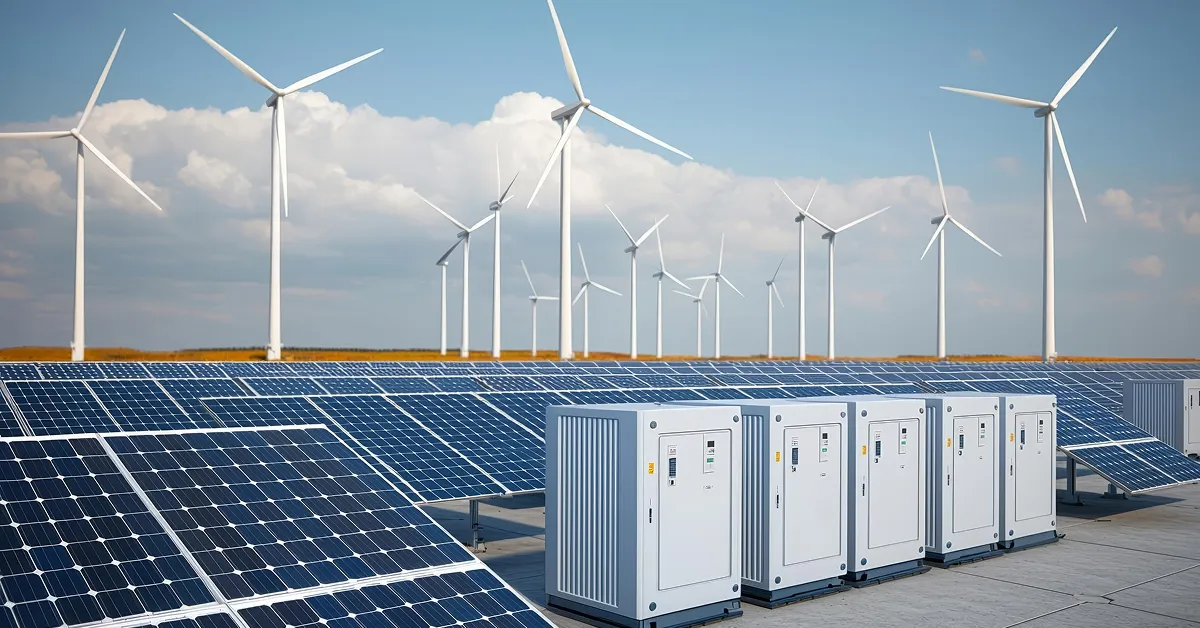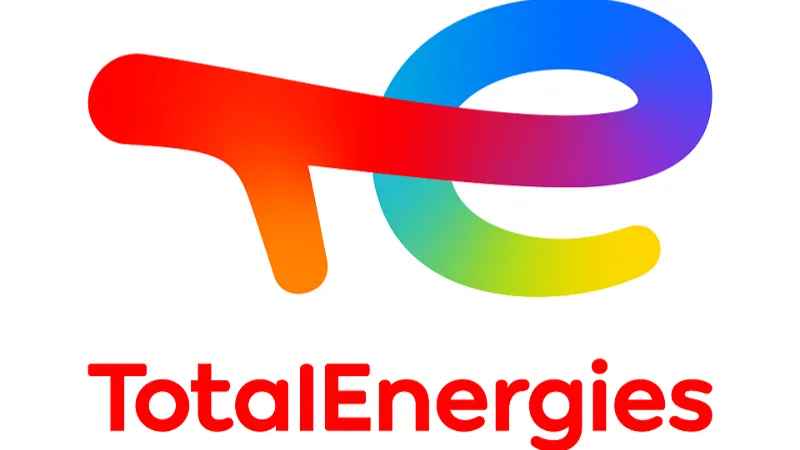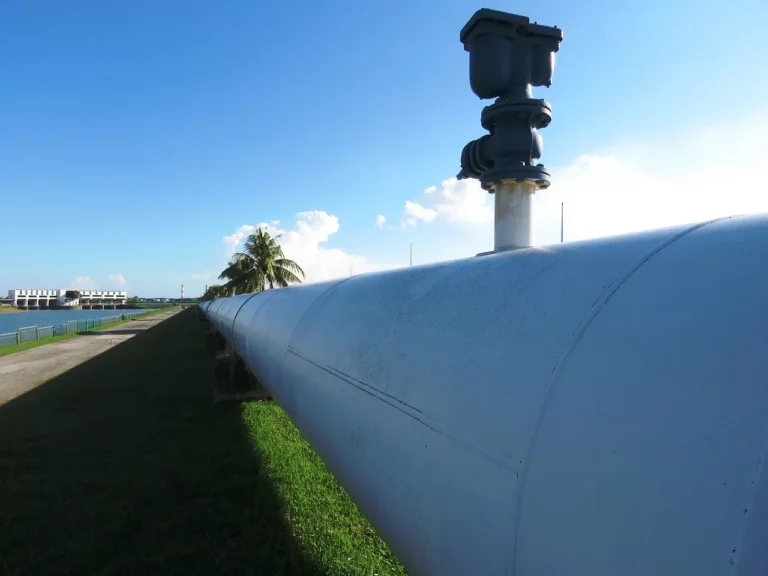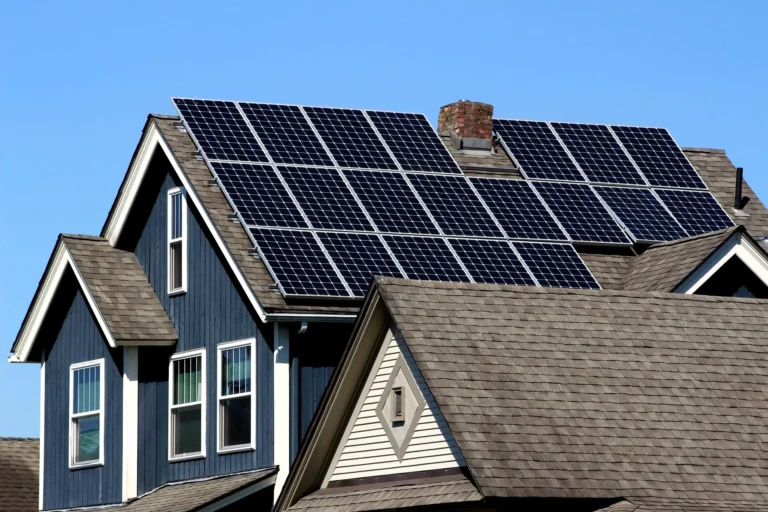
TotalEnergies and RGE Secure Key License for Landmark Indonesia-Singapore Solar and Battery Storage Project
TotalEnergies (Paris:TTE), a global energy leader, and RGE, a prominent group operating in bio-based resources and energy sectors across Southeast Asia, have jointly announced a significant breakthrough in renewable energy collaboration between Indonesia and Singapore. The Singapore Energy Market Authority (EMA) has granted their joint venture, Singa Renewables (“Singa”)—which is equally owned by TotalEnergies and RGE—a conditional license to import 1 gigawatt (GW) of renewable power from Indonesia. This milestone positions the joint venture as a pioneering force in regional clean energy development and cross-border power trade.
In a complementary move, the partners have also formalized a strategic Memorandum of Understanding (MoU) with Singapore Energy Interconnections (SGEI). This agreement focuses on the joint development of a subsea electricity interconnector, a critical infrastructure element that will enable the seamless importation of renewable electricity generated in Indonesia into Singapore’s energy grid. This subsea cable project is expected to be a technological and logistical cornerstone for expanding clean energy access across borders in Southeast Asia.
Background and Strategic Significance
The partnership between TotalEnergies and RGE is rooted in their shared commitment to drive the energy transition in the ASEAN region. Their collaboration was publicly reinforced earlier in 2025 through a Co-Investment Agreement signed on May 28th in Jakarta. This ceremony marked a historic moment as it was witnessed by the French President Emmanuel Macron and Indonesian President Prabowo Subianto, symbolizing high-level political support for the project. The agreement set the framework for developing, building, and operating a hybrid renewable power plant in Riau Province, Indonesia.
This hybrid power plant will integrate a large-scale solar photovoltaic farm with a cutting-edge Battery Energy Storage System (BESS), alongside the subsea cable infrastructure connecting to Singapore. The project represents one of the first large-scale efforts to physically link the electricity markets of two ASEAN countries through renewable energy imports. Its innovative design combines intermittent solar power with battery storage to deliver reliable “Clean Firm Power,” addressing one of the main challenges in renewable energy—variability.
Project Objectives and Local Impact
The project’s electricity output will primarily supply energy-intensive industrial consumers in Singapore, which has ambitious plans to reduce carbon emissions and secure a sustainable energy future. Simultaneously, the development will also benefit industrial complexes located near the solar farm in Riau Province, Indonesia, by providing a local clean energy supply that can enhance operational sustainability.
By leveraging TotalEnergies’ extensive expertise in large-scale renewable energy projects worldwide, alongside RGE’s strong regional presence and experience in Indonesia and Singapore, the partnership aims to create a scalable model for sustainable energy cooperation in Southeast Asia. The project’s strategic location in Riau Province—a hub for industry and natural resources—underscores the potential for renewable energy to support economic development while reducing environmental impact.
Helle Kristoffersen, President Asia and Executive Committee Member at TotalEnergies, expressed gratitude to the Singapore authorities for facilitating this milestone: “I would like to thank the Singapore authorities for granting the necessary licences for this landmark electricity import project, that we are pleased to develop with our partner RGE. The project will contribute to Singapore’s goal of reaching net zero emissions by 2050, while supporting Riau Province’s economic development in Indonesia. This initiative also illustrates TotalEnergies’ commitment to ASEAN’s energy transition and security of supply.”
Echoing this sentiment, Imelda Tanoto, Managing Director at RGE, emphasized the project’s role in regional collaboration and sustainability: “We are doing our part to accelerate the region’s clean energy transition. The Conditional Licence is a key milestone that affirms our role in advancing the region’s collaboration and decarbonization goals as we remain focused on creating lasting value for communities, markets, and governments alike.”
Technical and Market Aspects
The 1 GW capacity license granted by the EMA signifies a major step forward for cross-border renewable electricity trade, which has historically been limited in Southeast Asia due to infrastructure and regulatory barriers. The subsea interconnector planned under the MoU with SGEI will help overcome these challenges by providing a reliable physical link for power flow between Indonesia and Singapore.
Such infrastructure investments are vital for Singapore, a small island nation with limited land for large-scale renewable projects, to meet its ambitious decarbonization targets. Importing renewable energy from neighboring countries with abundant solar resources like Indonesia allows Singapore to diversify its energy mix, enhance energy security, and accelerate its green transition.
The hybrid renewable plant itself, combining solar PV with battery storage, is designed to mitigate intermittency issues typical of solar energy. The Battery Energy Storage System will store excess solar power generated during peak sunlight hours and discharge it during periods of low generation or high demand. This ensures a stable, firm supply of clean power, meeting the reliability standards expected by industrial customers.
TotalEnergies’ Renewable Energy Strategy

TotalEnergies has been steadily building a competitive and diverse renewable energy portfolio globally. Its strategy encompasses solar, onshore and offshore wind, and flexible power generation assets such as Combined Cycle Gas Turbines (CCGT) and energy storage systems. This balanced approach aims to provide clean firm power—electricity that is both low-carbon and reliable, overcoming the variability challenges of renewables.
As of March 2025, TotalEnergies reported an installed gross renewable electricity generation capacity of 28 GW. The company has set an ambitious target to increase this capacity to 35 GW by the end of 2025, with a longer-term goal of generating over 100 terawatt-hours (TWh) of net renewable electricity annually by 2030. These targets reflect TotalEnergies’ commitment to align with global climate goals and accelerate the transition towards sustainable energy systems.
The Indonesia-Singapore solar and battery storage project fits seamlessly into this broader vision by advancing renewable energy integration in a key region undergoing rapid economic growth and urbanization.
RGE’s Role and Regional Impact
RGE (Royal Golden Eagle) operates across a diverse range of sectors including pulp and paper, palm oil, viscose, and energy. Its regional expertise, particularly in Indonesia and Singapore, is instrumental in navigating the complex regulatory, environmental, and social landscape required to deliver large-scale renewable projects.
By collaborating with TotalEnergies, RGE enhances its portfolio in clean energy, contributing to both countries’ sustainability and economic development objectives. The project is expected to create jobs, stimulate local economies, and promote community engagement around sustainable energy practices in Riau Province.
Moreover, RGE’s focus on bio-based resources and circular economy principles complements the renewable energy initiatives, driving a more integrated and sustainable industrial ecosystem in the region.
Future Prospects and ASEAN Energy Integration
The successful licensing and planned subsea interconnector mark a foundational step toward greater energy integration in the ASEAN region. Regional power grid interconnections enable countries to share resources, optimize renewable energy use, and improve grid stability. As ASEAN members seek to meet growing electricity demand while decarbonizing their economies, cross-border renewable energy projects such as this one will become increasingly important.
The Indonesia-Singapore project can serve as a replicable model for other cross-border renewable power initiatives in Southeast Asia and beyond, helping to unlock the region’s vast renewable potential and accelerate the global clean energy transition.







